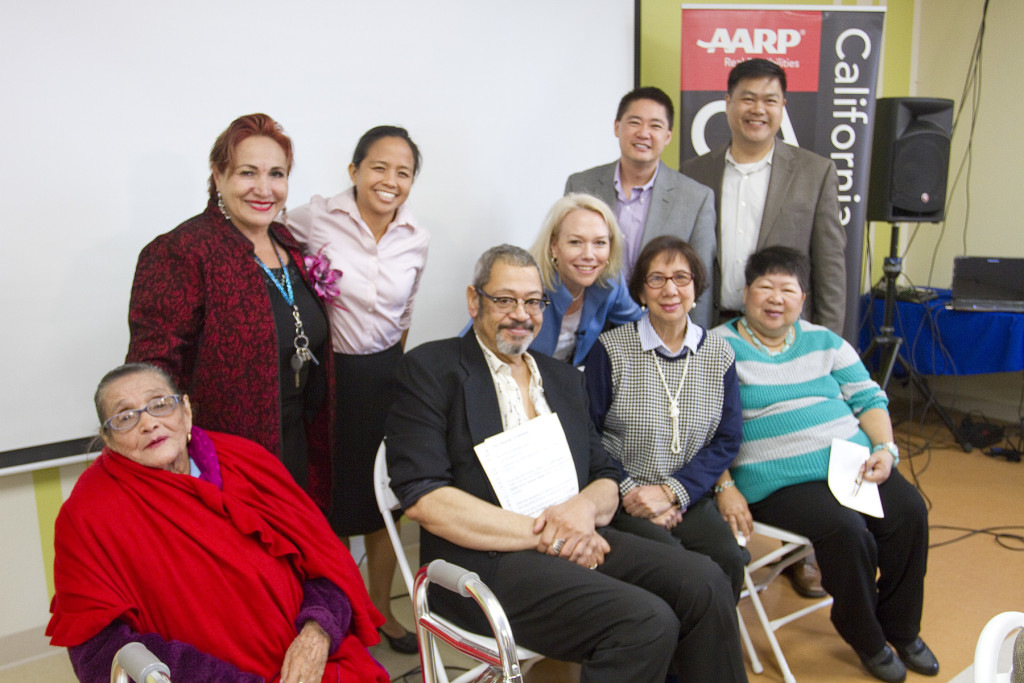The once-a-decade White House Conference on Aging (WHCOA) is the catalyst for the development of aging policy and is convening on Monday, July 13, 2015. There have been a limited number of pre-WHCOA events and listening sessions to address Asian American and Pacific Islander (AAPI) senior issues and the impact of these events is unclear. Participation at the WHCOA itself will be highly selective. Post-WHCOA activities are unspecified.
The WHCOA gives us a platform to raise the profile of AAPI aging, and advocate on behalf of AAPI elders to ensure that their needs are addressed in new aging programs and policies; educate AAPI seniors, their families, policymakers and the general public on the unique needs of the AAPI aging community; and, empower AAPI seniors and the AAPI and aging networks to meet the increasing challenges facing AAPI seniors in the decade to come.
While the WHCOA recently published four issues briefs on the subjects of long-term services and support, elder justice, retirement security, and healthy aging, noticeably absent in the briefs were any mention of the impact that the four issue areas have on AAPI older adults. While the National Asian Pacific Center on Aging (NAPCA) is disappointed, we know that these documents were drafted with a specific purpose in mind that would spark maximum discussion to shape the national conference. We also know that the WHCOA is cognizant of the issues facing diverse elders, and that these policy briefs may not have been the vehicle to address specific policies and programs affecting AAPI seniors.

Diverse Elders and their supporters at our May 7th listening session in Los Angeles.
NAPCA submitted comments to the WHCOA, and they are worth repeating here. In essence, NAPCA requested that the WHCOA demonstrate its commitment to reshape aging policy for all older Americans by explicitly shining the spotlight on AAPI elders to ensure that they have access to and equity in the services, benefits, and programs that are available to all American seniors. We asked the WHCOA to do the following:
- All written reports summarizing the data gathered at the pre-WHCOA regional forums, listening sessions, and other WHCOA-sponsored activities have, at a minimum, a chapter that reflects the comments that were expressed from our AAPI elder participants.
- At the 2015 WHCOA event on July 13, 2015, that a specific agenda item include a discussion of the impact of aging policy on AAPI seniors and other diverse elders.
- NAPCA and other leaders who advocate on behalf of AAPI elders be consulted by the WHCOA and the administration when conducting its policy analysis so that we can provide input on specific policy proposals that are under consideration.
- The impact on AAPI seniors should always be a variable when conducting a cost-benefit analysis on aging policy proposals, and that the findings that lead to the ultimate policy decision should be transparent and shared widely.
These action items are meant to create a partnership, a process, and policies that enable AAPI elders to age with dignity, well-being, and a high quality of life. We anxiously await to see if the WHCOA adopts any of our suggestions.
The opinions expressed in this article are those of the author and do not necessarily reflect those of the Diverse Elders Coalition.

